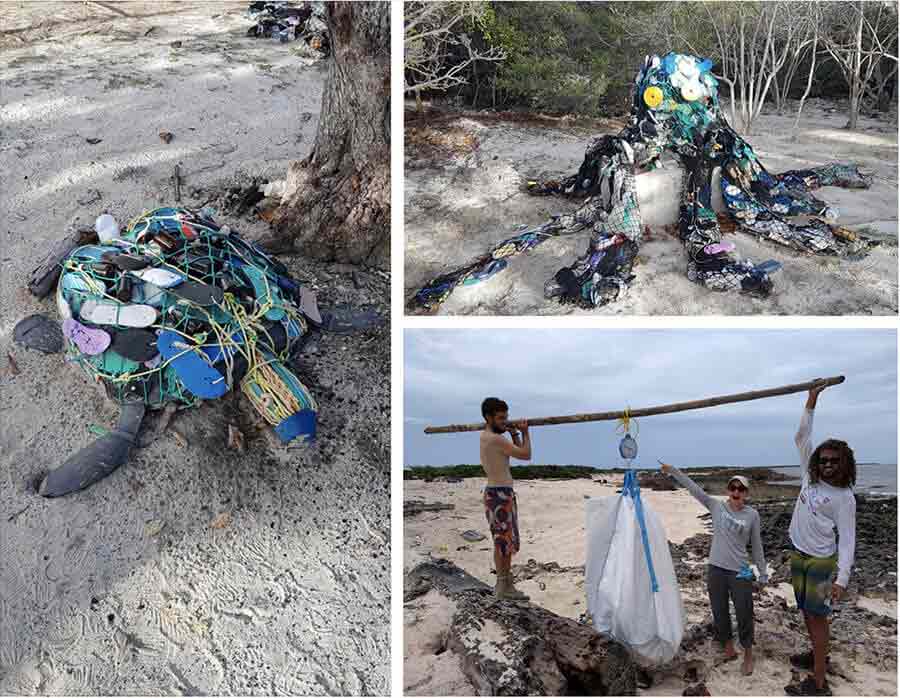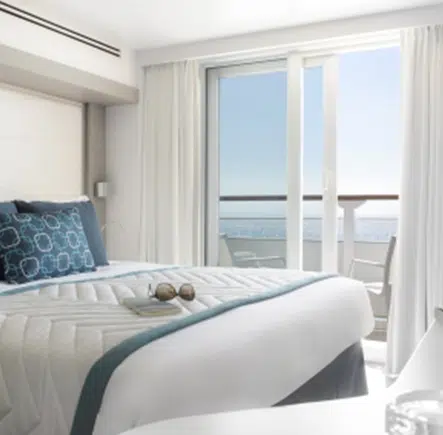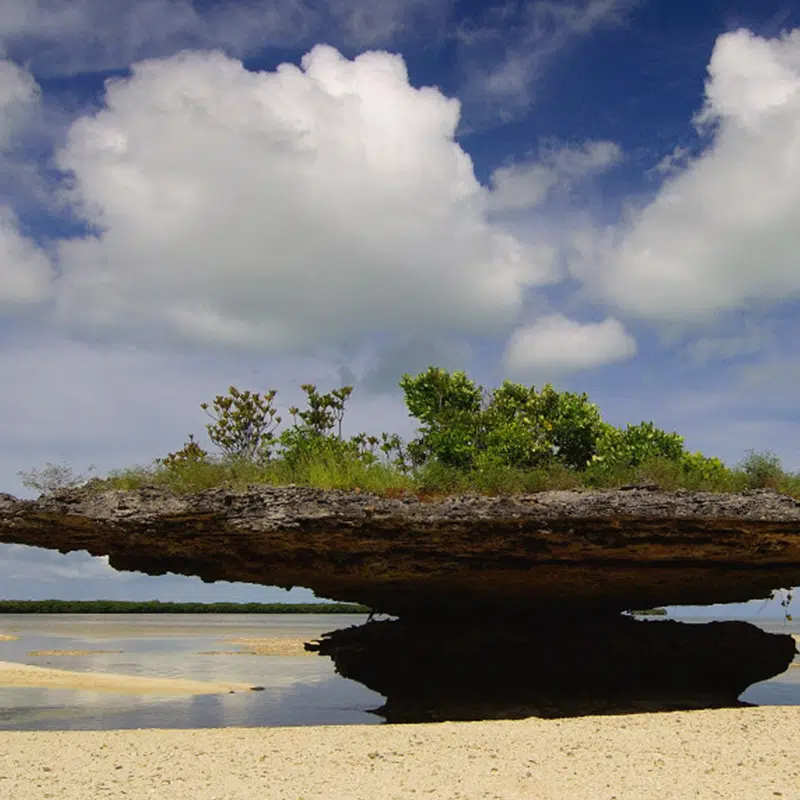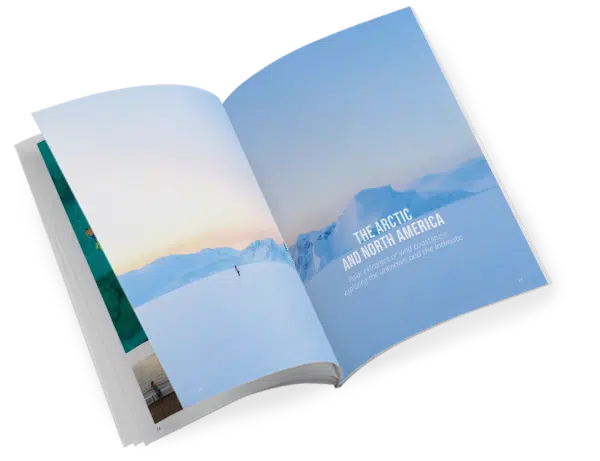An interview with Lindsay Turnbull, one of those who got the project off the ground
On 28 February, a major operation began on Aldabra atoll, the world’s second largest coral reef. For five weeks, volunteers from The Queen’s College, Oxford University, are helping clean up the island, where a lot of plastic waste has accumulated in recent years. In just a few days the volunteers have already collected four tonnes of waste – flip-flops, bottles, balls and more.
What inspired this project and what’s your role?
Lindsay Turnbull: I’m a trustee of the Seychelles Islands Foundation, which manages the Aldabra atoll. Two years ago, we were all in Aldabra for the annual general meeting and were shown all the plastic rubbish that had accumulated on the beach. We were discussing what might be done about it and I suggested that one possibility would be to try to orchestrate a collective effort between the Seychelles and Oxford University. I went back to The Queen’s College and asked whether we would be willing to help organise an effort to clean up the rubbish that had accumulated on Aldabra, and the project was officially launched in May 2018. This is a collaborative project between the Seychelles Islands Foundation and Oxford University. We are helping something to happen rather than telling them what to do. It is a much-needed example of global cooperation.
Why did you specifically choose Aldabra?
L.T: Aldabra is such a special place because it is a long way from any large towns or cities, and thus from human populations. So it’s really quite incredible to see how much rubbish ends up there. Thanks to the ocean currents, rubbish circulates around the seas. And because Aldabra is in the path of a major ocean current, rubbish is swept onto it.

How are you going to collect the waste?
L.T: It’s a very basic exercise. The rubbish will be stored in enormous bags and we will try to sort it as much as possible. It’s difficult to land a boat in Aldabra because it’s surrounded by a coral reef. So we will use small boats to bring the rubbish to a larger boat equipped with a facility to crush the plastic, so we can collect as much as we possibly can. It will then be taken back to Mahé, the main island in the Seychelles, where we have a storage facility. We are working with organisations to see what can be done with the rubbish we collect. Ideally, we would like to have a pipeline for processing the rubbish.
How does marine pollution affect fauna and flora?
L.T: This is a relatively young science. The problem has only been highlighted very recently and I don’t think we really appreciate the full impact of plastic quite yet. Over time, plastics in the ocean are broken down into microplastics, and these tiny little pieces are then eaten by all kinds of animals. A lot of seabirds have plastic in their stomachs and turtles eat it as well. Whales have even died from swallowing plastic, and it can accumulate throughout the feeding chain. We don’t understand the full extent yet, but it’s clearly undesirable and has the potential to cause real damage.
Do you plan to establish long-term educational initiatives?
L.T: We have a team of rangers in Aldabra, who will continue to collect rubbish as it arrives over the coming years. Regarding education, we must all ask ourselves what we can do as individuals to alleviate the problem. One of the things we really must think about is single-use plastics. Every time you go shopping, you are still given a bag and we don’t stop to think what happens to all this plastic. Sadly, only 9% of it is recycled.
Do you feel that attitudes have changed over the past few years, and that there is now more urgency to adopt an ecological approach?
L.T: People are starting to wake up. But the urgency of the situation can also make people feel even more helpless. That’s why we chose to get teenagers involved in the Aldabra Clean Up Project. It’s about young people working together to implement change. They are the ones who are going to be the most affected, so it is our duty to empower them.
Get to know Aldabra
1. Located in the Seychelles (Indian Ocean)
2. The second biggest coral atoll in the world
3. The largest population of giant tortoises in the world
4. UNESCO World Heritage Site
5. No permanent inhabitants: Only a staff of 12 who are studying the biodiversity of Aldabra

PONANT takes you there
Embark on a luxury cruise to the Seychelles.



